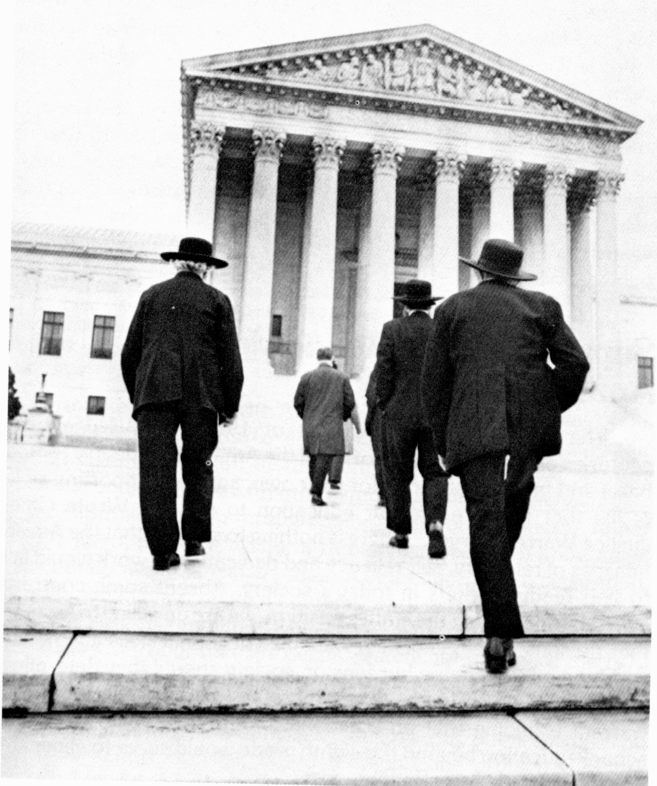The pup set out across the driveway with me in tow, eager to go about his morning business, and I glanced upward at the moon, low in the waking dawn. It was a sharp-edged crescent, enlarged by the illusion of the parallax effect, lovely in the sky.
We bustled up the street, he snuffling at the scent of earth, me perusing the beauty of the heavens. I'm not sure when I became a person who liked rising at first light, but the loveliness of morning's first embrace is a peculiar side benefit of being in charge of a dog's morning potty break. We walked up the hill, and I reflected on that crescent, so perfectly inscribed in the warming navy of the sky. Such a moon would have meaning to billions of human beings, a marker of faith. For me, it is simply beautiful, and a work of the Creator.
Our eager boi sniffed and marked as we made our way up the street, then came to the stretch of sidewalk where he always goes. Like clockwork, he did. I cleaned up, and we turned to return home.
Halfway back, I saw movement in a driveway. I wasn't quite clear what it was, not at first. A form, crouched low on the ground at the end of the driveway of a neighbor.
The neighbors in question have a home decorated in Americana, flags and eagles and the like. They drive Fords and Fords only, SUVs and a well equipped F-250 that sees use as a commuter car. They own very very big dogs. She's of the wave-and-say hi sort, and he's lean and bald and bearded. At one point, for a brief while in 2020, that big ol' truck sported both an NRA and a Trump Punisher sticker, so, well, that's what that is.
I wondered, for an instant, if one of them might have fallen on a patch of ice, so I quickened my pace.
As I approached, I realized two things. First, that the person on the ground was not one of them. It was a delivery man. Deliveries are at all hours now, early in the morning, late into the night, so this was not a surprise.
Second, as I watched him rise, resettle his janamaz, and kneel upon that mat to again bow himself in prayer, that he was Muslim.
He remained deep in his morning prayer as I and the dog passed, and I left him in peace beneath the crescent moon and dawn. By the time I had reached my house, and turned to look back up the street, he and his vehicle were gone.
My soul has been much reflecting on the nature and necessity of prayer lately, and this moment seemed...something.
Particularly now.













